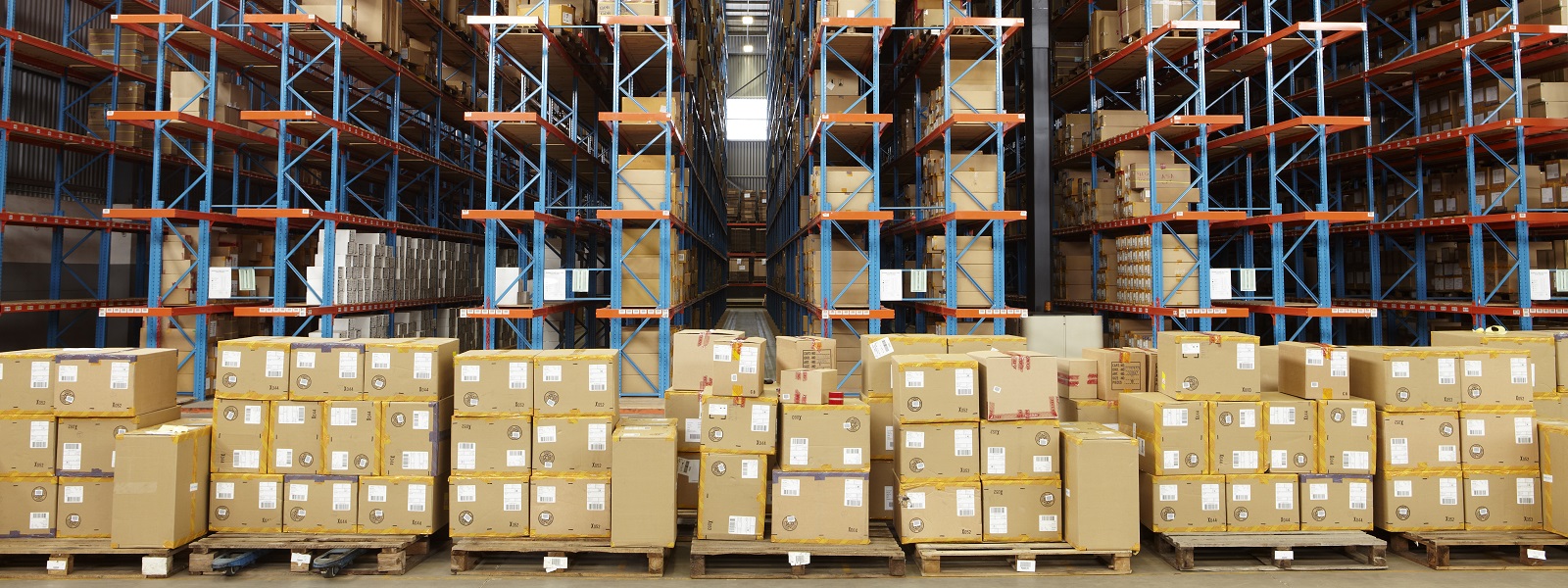China is opening its doors to foreign investors just as the US has closed its gates to China amid a protracted trade war and a diplomatic stalemate.
In what is seen as a move by Beijing to create a more transparent investment environment and to address Washington’s criticisms over market access, forced technology transfer and the theft of intellectual property—the National People’s Congress in March approved the new Foreign Investment Law.
The law, which was first introduced as a draft in 2015 but gained momentum in recent months, is expected to allay foreign investors' concerns and open the country up to investment from January 1 2020, when it comes into effect.
A last-minute addition to the legislation was a provision making it illegal for officials to misuse critical information or share it with local firms. At this stage the new rules, which are designed to level the playing field between China and non-Chinese territories, are lacking in detail; however, it is anticipated that the country will continue to maintain a “negative list” of industries in which it will restrict foreign capital.
The current list prohibits foreign investment into companies in certain sectors including mining, compulsory education, medicine and legal practice, while joint venture arrangements are required in other areas such as the internet and other telecoms, oil and gas exploration, life insurance and securities.
However, as of June 30 the negative list has been further reduced. Restrictions have been eased in a number of sectors, including mining (prohibition on foreign investment in exploration and exploitation of molybdenum, tin, antimony and fluorite removed), transportation (restriction on foreign shareholding in domestic shipping agencies removed), manufacturing (restriction on foreign shareholding in publication printing sector removed) and agriculture (prohibition on foreign investment in the exploitation of national protected wildlife resources removed).
European investors take a shine to China
While the new rules in principle open the country up to all foreign investors, including those in the US despite the ongoing trade dispute, Europe could be set to benefit most strongly from the development.
Last year saw record outbound deal value from Europe targeting Asia's largest economy. In 2018, there was US$8.64 billion worth of such deals—a new record and an 860% increase on the previous year’s figure of US$0.9 billion.
While the bulk of the total came from BMW’s acquisition of a 25% stake in Chinese car firm Brilliance for US$4.2 billion (bringing its enlarged stake to 75%), household names such as the world’s largest spirits company Diageo and French insurance giant AXA were also involved in landmark transactions. In greater China (including Hong Kong and Macau), deal value was pushed up further by Heineken’s US$3.1 billion purchase of a 40% stake in CR Beer.
Volume also rose year on year from 27 deals in 2017 to 35 in 2018, a 30% increase. The first half of 2019 has been slower, with only 7 deals valued at US$500 million. Diageo was once again involved in the largest deal of the period, upping its stake in liquor company Sichuan Swellfun by 10%, accounting for more than half of the total deal value.
While value has slipped so far in 2019 as investors appear to be taking a wait-and-see approach to the US’s and China's diplomatic wrangling, that could change from 2020 when the Foreign Investment Law goes live.
It should be expected that consumer-centric sectors such as food and beverages, automotive and consumer finance are likely to be the areas of focus, with the largest deals of last year falling into these categories.
European companies are being motivated to pursue M&A in China to seek access to the largest population in the world and its rapidly rising disposable income, which was up 6.5% last year according to official data. At the same time, real wage growth in the EU has stagnated, rising by well below 1% in the UK and Germany and falling in Spain and Italy, OECD figures show.
China-EU relations
China is now looking to strengthen its ties with other nations. EU officials visited Beijing in June to discuss an investment treaty known as the Comprehensive Agreement on Investment. It is understood that the EU wants greater access to China than is currently granted under the negative list regime. While nothing has been formally agreed, the visit is a positive sign of things to come.
In the same month, the UK and China signed a memorandum of understanding on £500 million worth of infrastructure investment into third countries, as well as a landmark market access agreement that could see UK beef producers exporting to China again by the end of the year, lifting a more than 20-year-old ban related to the bovine spongiform encephalopathy (BSE, or “mad cow”) outbreak in the UK. It is expected that the latter deal could be worth £250 million in the first five years.
All eyes on Vietnam
China is not the only Asian economy benefitting from Europe's open-arms approach. More than three years after negotiations concluded in 2015, the EU-Vietnam Free Trade Agreement was signed at the end of June. Under the deal, 99% of customs duties between the two sides will eventually be lifted in what the EU has hailed as “the most ambitious free trade deal ever concluded with a developing country.”
Chinese firms will be incentivized to establish manufacturing operations in Vietnam to gain access to the favorable tariff treatment, accelerating a trend that is already in motion. In the first four months of 2019, Chinese investment into Vietnam had already reached about 65% of the total for 2018, as companies look to circumvent US tariffs considered punitive.
As of July, China and the US had called a truce, agreeing not to add any further tariffs as they attempt to find a way forward. This is good news for investors. Global economic growth had already begun to slow as a result of trade frictions.
If the world's two largest economies settle their differences, investor confidence will return and China is likely to witness an increase in investment. If, however, the dispute is not resolved soon, European investors are likely to take an enlarged share of inbound investment activity in 2020.





